Sen. Bam: Fact-check coalition will strengthen fight against online disinformation, fake news
Senator Bam Aquino welcomed Facebook’s initiative to push through with a local-fact checking coalition aimed at addressing spread of fake news on its platform.
“We’re glad Facebook has decided to enter into a local fact-checking coalition in the aftermath of its failure to protect millions of personal data from being exposed,” said Sen. Bam.
Sen. Bam was referring to Facebook’s move to partner with Rappler and Vera Files for a third-party fact-checking program in the Philippines to prevent fake news from spreading on its social media platform.
“With disinformation spreading like wildfire through social media, it’s encouraging to see Facebook take a stronger stance on this issue and partner with agencies that are genuinely fighting fake news,” added Sen. Bam.
Facebook’s move came days after it was revealed that the accounts of 87 million users worldwide were accessed by Cambridge Analytica, a communications firm accused of harvesting data of millions of Facebook users to help Donald Trump’s presidential campaign.
Of that number, around 1,175,870 Filipino users may have had their Facebook information improperly shared with Cambridge Analytica, according to Facebook’s Chief Technology Officer Mike Schroepfer.
Sen. Bam actively participated in fake news hearings conducted by the Senate. During one of the hearings, Sen. Bam urged Presidential Communications Operations Office (PCOO) Secretary Martin Andanar to help fight the spread of fake news through Facebook accounts using the name of President Duterte.
Sen. Bam urged the PCOO chief to police his own ranks, saying blogs written by some of his employees in their private capacity hurt the image of the agency.
Also, Sen. Bam called on both supporters and detractors of President Duterte to stop throwing hate speech at each on social media, saying the environment has become toxic.


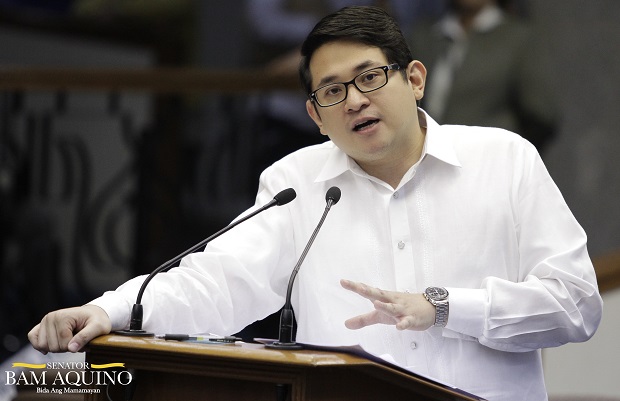
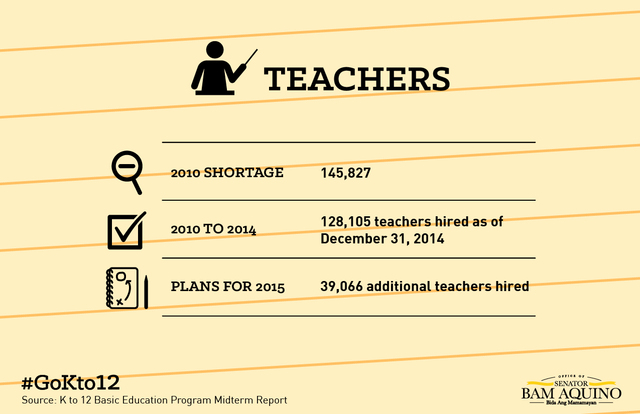
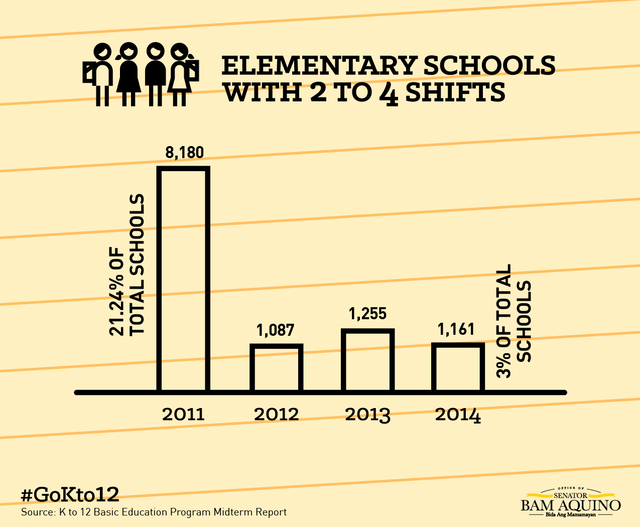
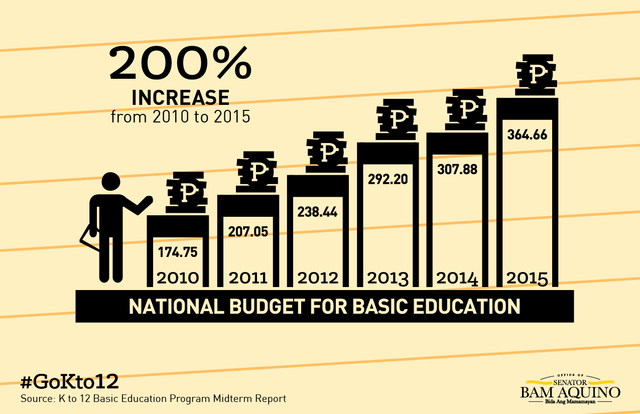
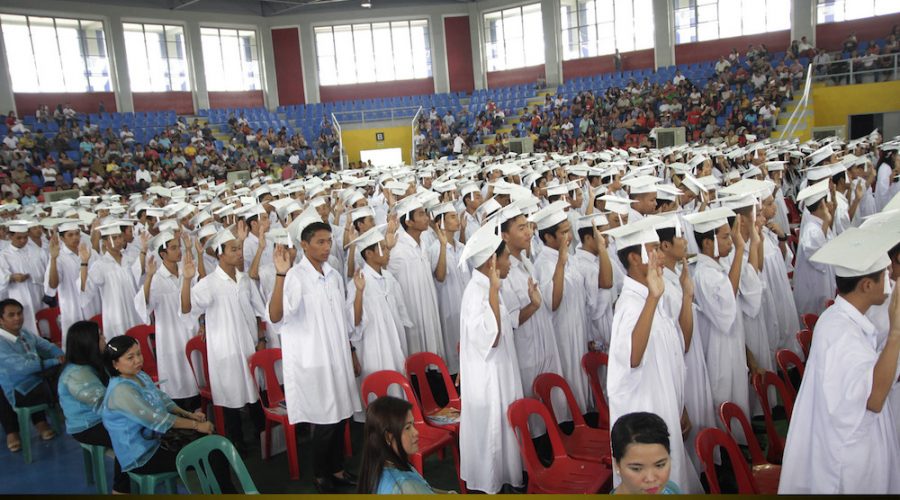
Recent Comments